Why Learn French?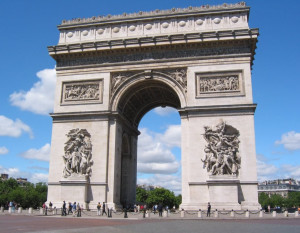 If you are a native English speaker, one of the best reasons to learn French is to help you understand your own language. Although English is a Germanic language, French has had an enormous impact on it. In fact, French is the largest donor of foreign words in English. Unless your English vocabulary is much higher than average, learning French will greatly increase the number of English words you know. Historically, France and the French language have had an enormous influence over American society. France was the United States' first ally. French thought played a dominant role among the founders of the United States in the 18th century, and it continues to shape America today through the influence of such intellectual currents as post-structuralism and post-modernism. In the humanities and the social sciences, many of the most important writings have come from France. Students and researchers who know French have access to these works for several years before they are translated into English. Many significant works are never translated and remain accessible only to those who know the language. In addition, most graduate schools require knowledge of at least one foreign language, and French remains the most commonly used language after English. Where is French spoken? 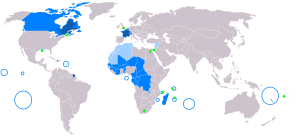 Ready to start? Contact us by E-mail or by calling (502) 893-0933 | What does French look like? On aimerait dire que ces ingrédients, joints au savoir-faire de Mike Newell, qui réalisa Quatre mariages et un enterrement et un épisode d'Harry Potter, suffisent à confectionner un divertissement sans conséquence. Mais il manque quelque chose : une poignée de points de QI supplémentaires. Ou des lunettes 3D. What does French sound like? Did you know these words come from French? à la carte - literally: on the card or on the menu; (in restaurants refers to ordering individual dishes rather than a fixed-price meal) Ballet - a classical type of dance Belle - a beautiful woman or girl. Common uses of this word are in the phrases the belle of the ball (the most beautiful woman or girl present at a function) and southern belle (a beautiful woman from the southern states of the US) Brunette - a brown-haired girl. For brown-haired man, French uses brun and for a woman brune. "Brunette" is rarely used in French, unless in old literature, and its masculine form, "brunet" (for a boy), is almost unheard of. Café - a coffee shop (also used in French for "coffee"). Chaise longue - a long chair for reclining; (also rendered chaise lounge or chase lounge via folk etymology). Décor - the layout and furnishing of a room Entrée - literally "entrance"; the first course of a meal (UK English); used to denote the main dish or course of a meal (US English). Entrepreneur - a person who undertakes and operates a new enterprise or venture and assumes some accountability for the inherent risks Façade - the front view of an edifice (from the Italian facciata, or face); a fake persona, as in "putting on a façade" (the ç is pronounced like an s) Film noir - a genre of dark-themed movies from the 1940s and 1950s that focus on stories of crime and immorality Genre - a type or class, such as "the thriller genre" Impasse - a deadlock Malaise - a general sense of depression or unease Omelette - omelette Prix fixe - "fixed price"; a menu where multi-course meals with only a few choices are charged at a fixed price Rapport - to be in someone's "good graces"; to be in synch with someone; "I've developed a rapport with my co-workers"; French for: relationship Sommelier - a wine steward Soupe du jour - "soup of the day", meaning the particular kind of soup offered that day Touché - acknowledgment of an effective counterpoint; literally "touched" or "hit!" Comes from the fencing vocabulary Vinaigrette - salad dressing of oil and vinegar; diminutive of vinaigre (vinegar) Voilà! - literally "see there"; in French it can mean simply "there it is"; in English it is generally restricted to a triumphant revelation |
 |  |  | 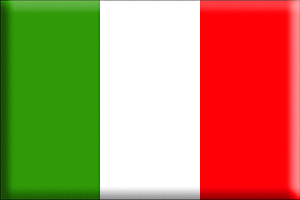 | 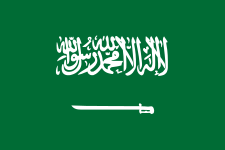 |
 |  | 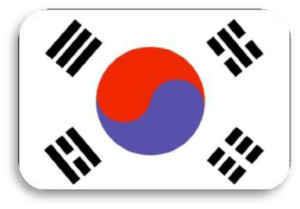 | 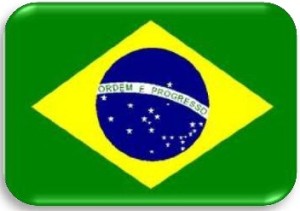 | 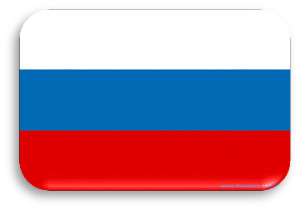 |


